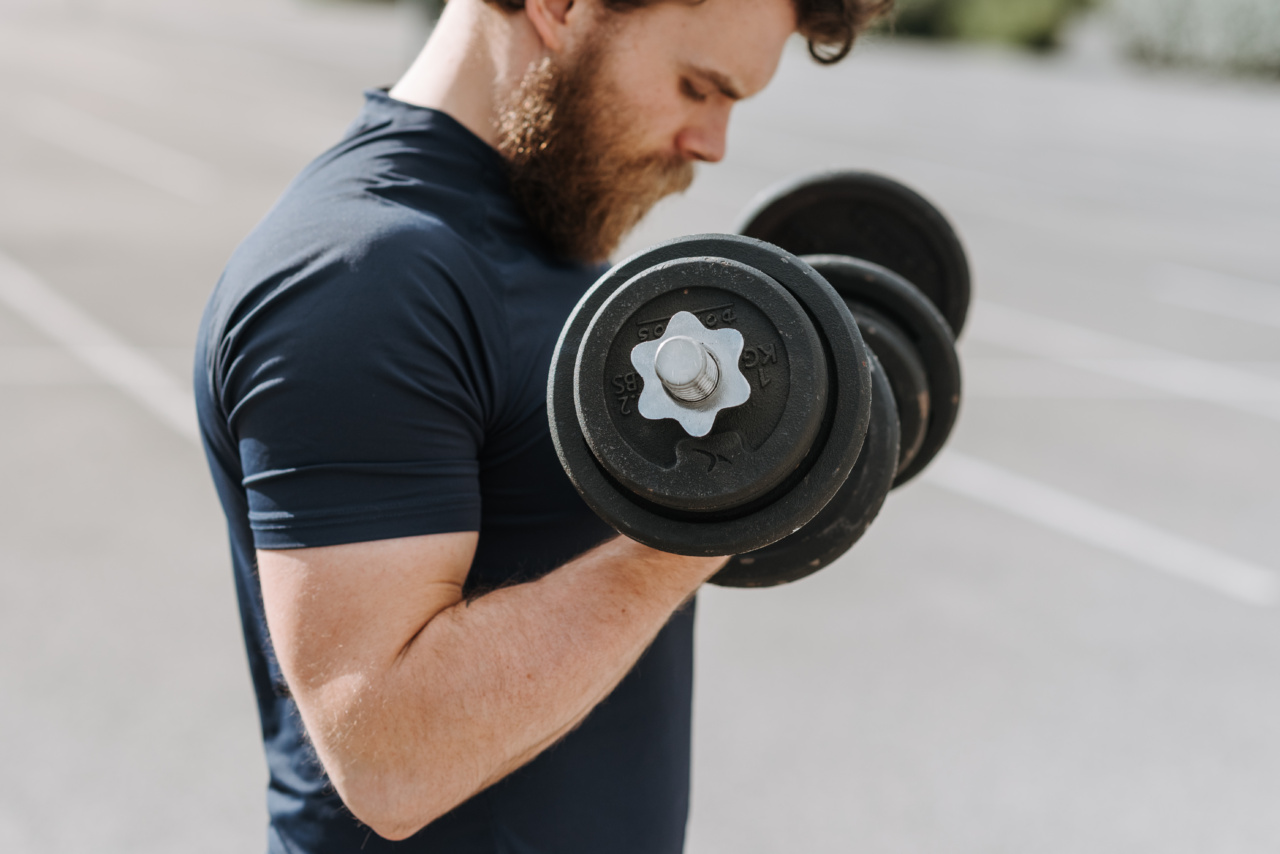Waking up with muscle pain can be quite a frustrating experience. Whether it’s a dull ache, tightness, or even sharp discomfort, morning muscle pain can set a negative tone for the day ahead.
Many individuals wonder what causes this discomfort and how to alleviate it. In this article, we will explore the various factors contributing to morning muscle pain and provide helpful tips for dealing with it.
1. Inactivity
One common reason for waking up with muscle pain is inactivity or prolonged periods of rest. When you sleep, your muscles aren’t active, and this lack of movement can cause them to stiffen and become tight.
This stiffness can lead to discomfort and pain upon awakening.
2. Poor Sleep Posture
Your sleep posture can significantly impact muscle pain in the morning. Sleeping in an awkward position or with improper pillow support can strain muscles and trigger pain.
It’s essential to maintain a neutral spine alignment while sleeping to avoid undue pressure on specific muscle groups.
3. Muscle Imbalances
Muscle imbalances occur when certain muscles are stronger or tighter than their opposing muscles. These imbalances can lead to poor posture and increase the likelihood of muscle pain, especially after waking up.
Strengthening weak muscles and stretching tight ones can help restore balance and alleviate morning discomfort.
4. Stress and Tension
Stress and tension can manifest physically, often leading to muscle pain and tension headaches. When you’re under stress, your muscles tend to contract and remain tense. This tension can carry over into your sleep, causing morning muscle pain.
Incorporating stress reduction techniques, such as meditation or relaxation exercises, can positively impact both your sleep and muscle health.
5. Inadequate Bedding
Your mattress and pillow play a crucial role in supporting your body during sleep. A mattress that’s too soft, firm, or worn out can contribute to morning muscle pain. Similarly, an unsupportive pillow can strain neck muscles.
Investing in a quality mattress and selecting a pillow that suits your preferred sleep position can make a significant difference in reducing muscle discomfort.
6. Dehydration
Dehydration can cause muscle cramps and pain in various parts of the body, including the legs, arms, and back. When your body lacks sufficient fluids, it can lead to imbalances in electrolytes and minerals necessary for proper muscle function.
Proper hydration throughout the day, including before bed and upon waking up, can help prevent muscle pain.
7. Medical Conditions
In some cases, morning muscle pain may be a symptom of an underlying medical condition. Conditions such as fibromyalgia, arthritis, and certain autoimmune disorders can cause widespread muscle pain, including in the morning.
If your muscle pain persists or is accompanied by other concerning symptoms, it’s crucial to consult a healthcare professional for a proper diagnosis and treatment.
8. Lack of Warm-Up
Engaging in physical activities and exercises without proper warm-up can strain and stress muscles, leading to pain and discomfort. This is particularly common in individuals who engage in early morning workouts.
Implementing a comprehensive warm-up routine before any physical activity can prepare the muscles and reduce the chances of morning muscle pain.
9. Insufficient Magnesium
Magnesium plays a crucial role in muscle function and relaxation. Low magnesium levels can contribute to muscle cramps, spasms, and pain. Increasing your magnesium intake through dietary sources or supplements can help alleviate morning muscle pain.
10. Lack of Stretching
Just as warming up is essential before physical activity, stretching is vital for maintaining muscle flexibility and preventing morning muscle pain.
Regular stretching exercises, especially before bed, can help remove stiffness and increase blood flow to the muscles, reducing the likelihood of waking up with discomfort.
In Conclusion
Waking up with muscle pain can be an unwelcome start to the day. However, understanding the potential causes and implementing appropriate strategies can significantly alleviate morning muscle discomfort.
Remember to stay active, maintain good sleep posture, address muscle imbalances, manage stress, invest in proper bedding, stay hydrated, warm-up before physical activities, ensure adequate magnesium intake, and incorporate regular stretching into your routine. If the pain persists or worsens, consulting a healthcare professional is essential for a proper diagnosis and guidance.































